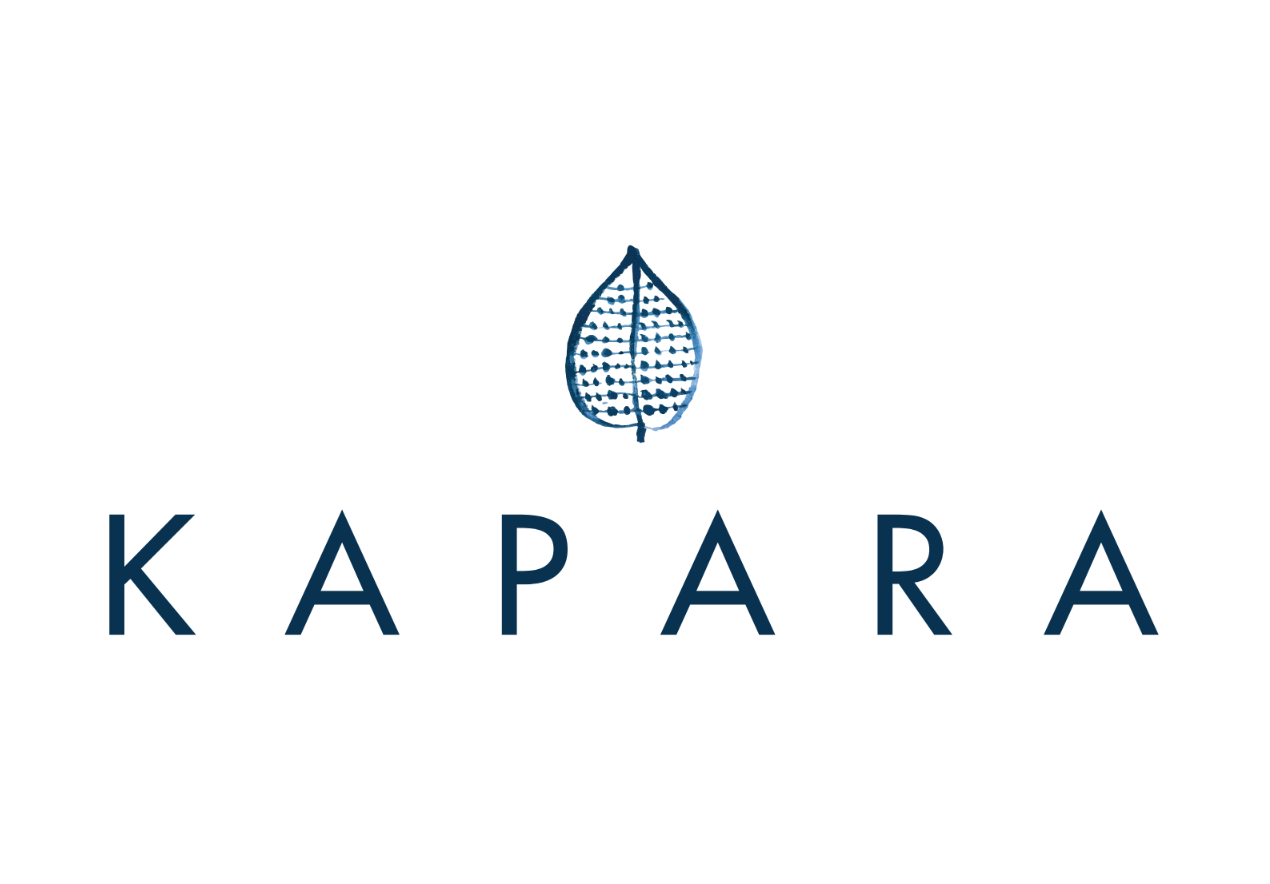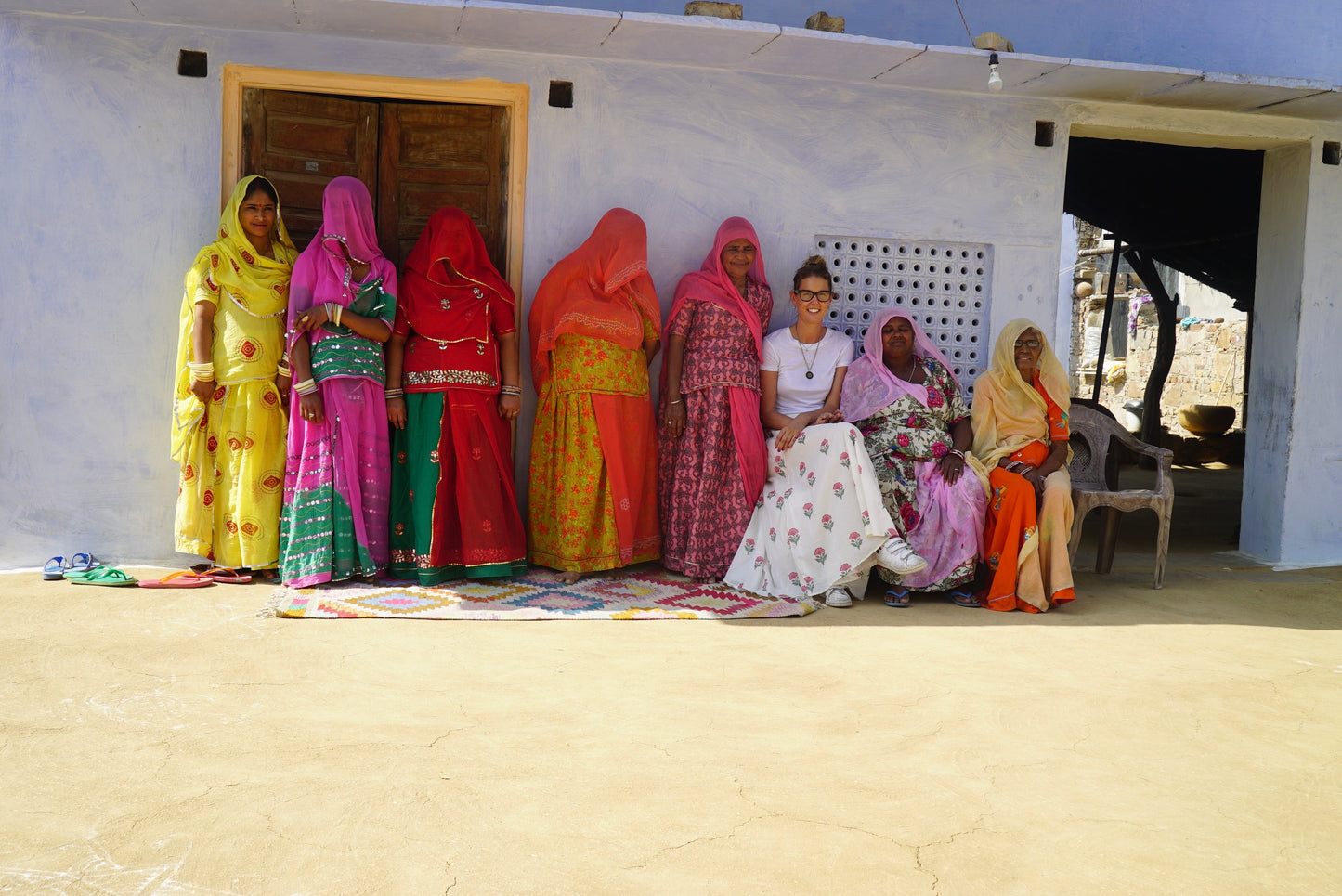
Photo Credit: Department Two
This week I was lucky enough to spend some time with Xanthe Gladstone. Xanthe is a chef and food sustainability advocate. She is partially self taught but has attended the world renowned Ballymaloe Cookery School, to take their six week sustainable food course. Xanthe’s mission is to educate people of the positive effects that the right food choices can have on ourselves and our environment.
Would you tell us a little bit about what you do?
I’m a chef, organic grower and baker based in North Wales. I work part-time as the Director of Food & Food Sustainability for my parents’ businesses which are a farm shop a pub, a festival and a holiday accommodation business developing menus, overseeing food sourcing, and training staff. It’s great and I love the balance between that work and my cheffing and gardening work, I get to be outside and breath two days a week. I ran a supper club company called Knuckle with my boyfriend, but that has been on hold since March for obvious reasons.

I think a lot of people have a different takes on what is ‘sustainable’ how would you define it?
Sustainable, to me, refers to having a connection with how and what we consume. This refers to food in my case, but importantly it also refers to clothes and many other things. More specifically, being sustainable would mean understanding the value of how our food is produced and what the negative impacts on our health, the planet, and animals are if we do not value food properly.
How and when did you get into food sustainability?
What do you think are the biggest environmental issues that the food industry faces today?
Do you have any advice on how we can reduce our own food waste?
Food waste is one of the things I am most passionate about, so I have a few good tips. Do you know that 1/3 of all food we produce ends up in the bin?! That is so crazy to me. Don’t be led by expiry dates, be led by your own intuition, smell and taste buds. If something has gone a bit wrinkly, don’t immediately through it out, roast it and it’ll have a new life, or add it to homemade hummus. If you have a number of different vegetables going off in the fridge, add them to a big pot and make a slow cooked vegetable stock. When you buy vegetables, especially herbs and leafy greens, that come in plastic packaging, take them straight out, wash them, and wrap them in a tea towel or paper towel. Often the plastic wrapping is what causes them to go mouldy very quickly and you’ll give them a much longer life by doing this.
Other than buying organic are there more affordable ways to lessen our environmental impact when it comes to food consumption?
I would say be aware of where your food comes from and what’s in season. There are so many excellent resources for understanding how to eat seasonally. An Instagram page I love called Mainly Breakfast does an illustrated monthly round up of what’s in season, that’s really useful. Every supermarket should have the origin of the vegetables on it, so just make it a habit to check where it come from. If asparagus has flown in from Peru in December, is it really going to taste as good as asparagus from the UK in April? Eating this way makes it more of a treat when specific vegetables do come into season.
What are your top three restaurants and why?
Rochelle Canteen in London is amazing. I have only eaten there once but the quality of everything that comes out of there is incredible and their menu is based on the principles that I strongly follow when it comes to food. Simple dishes based on quality, local ingredients.
Stoney Street. Again, I love the concept of simple seasonal eating. They put so much emphasis on properly sourced ingredients, and that is so exciting to me. I love somewhere that you go and each time you eat something completely different.
Portobello Pizzeria. My favourite food is Italian food and this place does it so well. It’s so comforting but there is also so much quality in the food, particularly the sourdough pizzas.
(I have so many more favourites in and out of London!)
During isolation we have been forced to slow down and practice more sustainable ways of living do you think this is something you will take forward coming out of isolation?
How much do you consider the sustainability of a garment when considering a purchase?
The sustainability of a garment is at the forefront of the consideration I’d make when buying an item of clothing, I wouldn’t buy something if it didn’t align with my values when it comes to production and materials. I feel that I cannot shout out about sustainability in food decisions without having the same values when it comes to clothes. It can be more challenging, but with a bit of research and question asking, it can be really rewarding to shop sustainably. We have to stop being lazy and think/research properly before we buy.
Which are your go to brands?
I actually go to Ebay a lot to buy clothes, especially jeans, as second hand is really the way forward. I also love Henri London, Skall Studio, and Treen in Edinburgh has a fantastic online shop of many different sustainable brands. I love Pico and Lara Intimates for underwear. Obviously Kapara, which goes without saying! ;)
How do you like to switch off?
I love baths! I have a bath almost every evening and it’s my way of disconnecting from work at the end of the day. I pile in the Epsom salts and essential oils. I sound crazy, but if I’m feeling anxious or overwhelmed during the day I go and hang out with my hens (I have 20!), they make me feel really calm.


